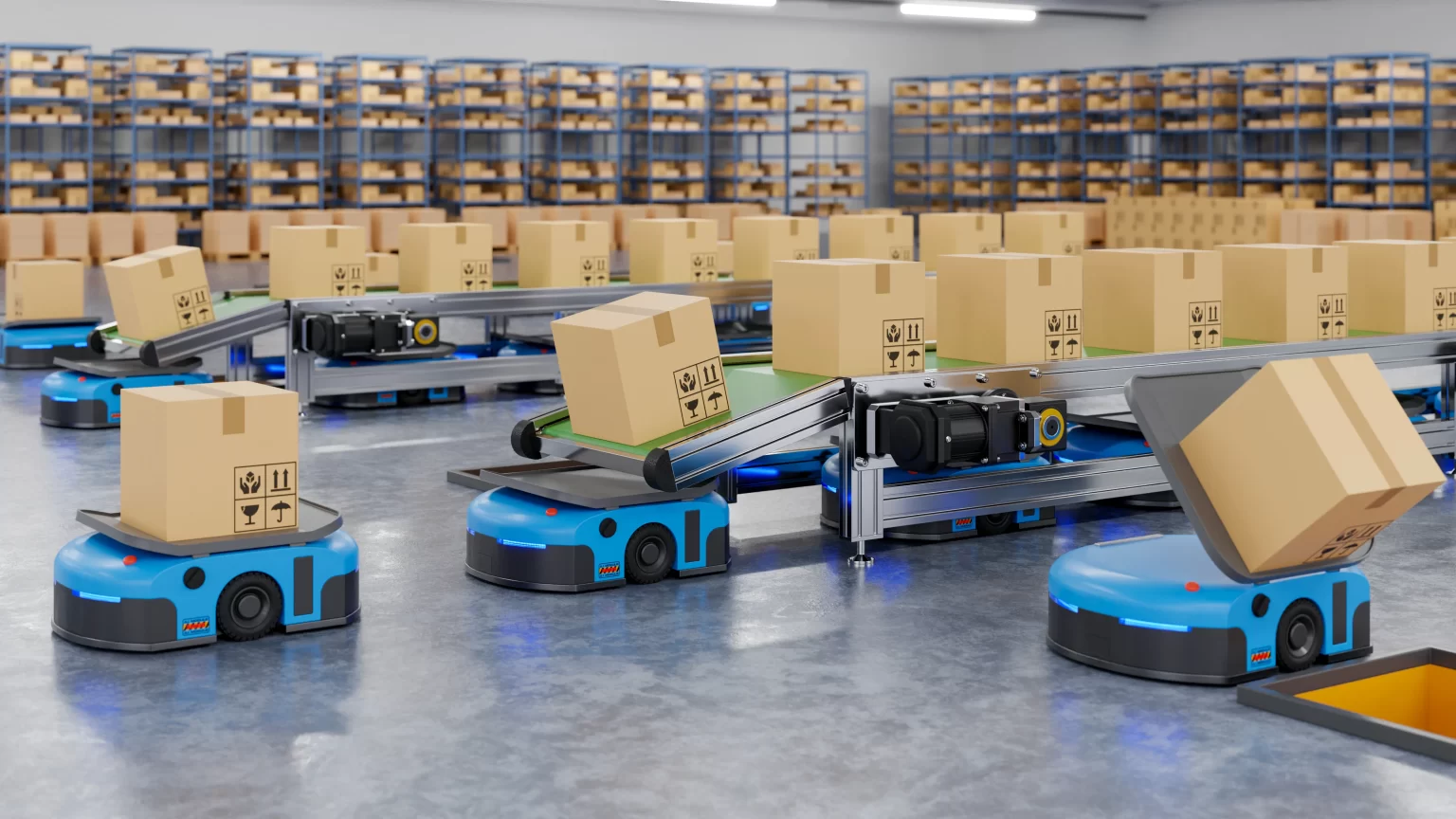Fourth Industrial Revolution, Practical Cases, and Benefits
Consider how smart manufacturing could be used in your business or in a comparable one to better grasp the concept. You can gain a better understanding of the value of the fourth industrial revolution in a manufacturing operation by considering the following three use cases:
Management and Optimization Industry 4.0 solutions for supply chain management and optimization provide companies with more knowledge, control, and data visibility throughout their entire supply chain. Businesses can outperform less efficient competitors by using supply chain management capabilities to bring goods and services to the market faster, more affordably, and of higher quality.
Asset Tracking and Optimization Industry 4.0 technologies enable manufacturers to manage assets more effectively at all levels of the supply chain, providing them with greater inventory insight, quality control, and logistics optimization potential. IoT-enabled factory employees can have better global visibility of their assets. Transfers, disposals, reclassifications, and asset adjustments are examples of common asset management processes that can be streamlined, centrally managed, and controlled in real-time.
Predictive Maintenance and Analytics Industry 4.0 technologies allow manufacturers to anticipate potential problems before they actually occur. This is known as predictive maintenance or analysis. Preventive maintenance used to be carried out in factories based on schedules or time when IoT systems were not installed. It was, therefore, a manual task. Preventive maintenance becomes significantly more automated and simplified with implemented IoT solutions. Systems can alert you when difficulties are developing or when equipment needs repairs, allowing you to address potential issues before they become more serious problems. In addition to asking proactive questions like «what will happen?» and «what can we do to prevent it?», predictive analytics allows companies to answer reactive questions like «what happened?» and «why did it happen?».
Fourth Industrial Revolution, Practical Cases, and Benefits
Consider how smart manufacturing could be used in your business or in a comparable one to better grasp the concept. You can gain a better understanding of the value of the fourth industrial revolution in a manufacturing operation by considering the following three use cases:
Management and Optimization Industry 4.0 solutions for supply chain management and optimization provide companies with more knowledge, control, and data visibility throughout their entire supply chain. Businesses can outperform less efficient competitors by using supply chain management capabilities to bring goods and services to the market faster, more affordably, and of higher quality.
Asset Tracking and Optimization Industry 4.0 technologies enable manufacturers to manage assets more effectively at all levels of the supply chain, providing them with greater inventory insight, quality control, and logistics optimization potential. IoT-enabled factory employees can have better global visibility of their assets. Transfers, disposals, reclassifications, and asset adjustments are examples of common asset management processes that can be streamlined, centrally managed, and controlled in real-time.
Predictive Maintenance and Analytics Industry 4.0 technologies allow manufacturers to anticipate potential problems before they actually occur. This is known as predictive maintenance or analysis. Preventive maintenance used to be carried out in factories based on schedules or time when IoT systems were not installed. It was, therefore, a manual task. Preventive maintenance becomes significantly more automated and simplified with implemented IoT solutions. Systems can alert you when difficulties are developing or when equipment needs repairs, allowing you to address potential issues before they become more serious problems. In addition to asking proactive questions like «what will happen?» and «what can we do to prevent it?», predictive analytics allows companies to answer reactive questions like «what happened?» and «why did it happen?».

Design, sales, inventory, scheduling, quality, engineering, customer service, and field service are all encompassed within the scope of the fourth industrial revolution, as well as the complete product lifecycle and supply chain. The following list highlights some advantages of adopting an Industry 4.0 model for your company:
- Increases your ability to compete, especially with market disruptors like Amazon. You must have the systems and procedures in place to provide your consumers and customers with the same quality of service (or better) that they can receive from a company like Amazon if you want to remain competitive.
- Companies engaged in cutting-edge Industry 4.0 technologies will find it easier to attract and retain young talent.
- Companies investing in Industry 4.0 solutions can improve productivity, foster interdepartmental collaboration, enable predictive and prescriptive analytics, and provide operators, managers, and executives with more access to real-time data and intelligence to help them make better decisions while performing their daily tasks.
- It allows you to identify and resolve potential maintenance and supply chain management issues more quickly through the use of automation, real-time data, predictive analytics, and Internet-connected machines.
- Enables you to reduce costs, increase profits, and support growth. You can control and enhance every area of your supply chain and production processes with the help of fourth industrial revolution technologies.
Maindsoft’s Industry 4.0 solutions can assist you in getting started.
Are you ready to invest? Click here and receive specialized advice.









